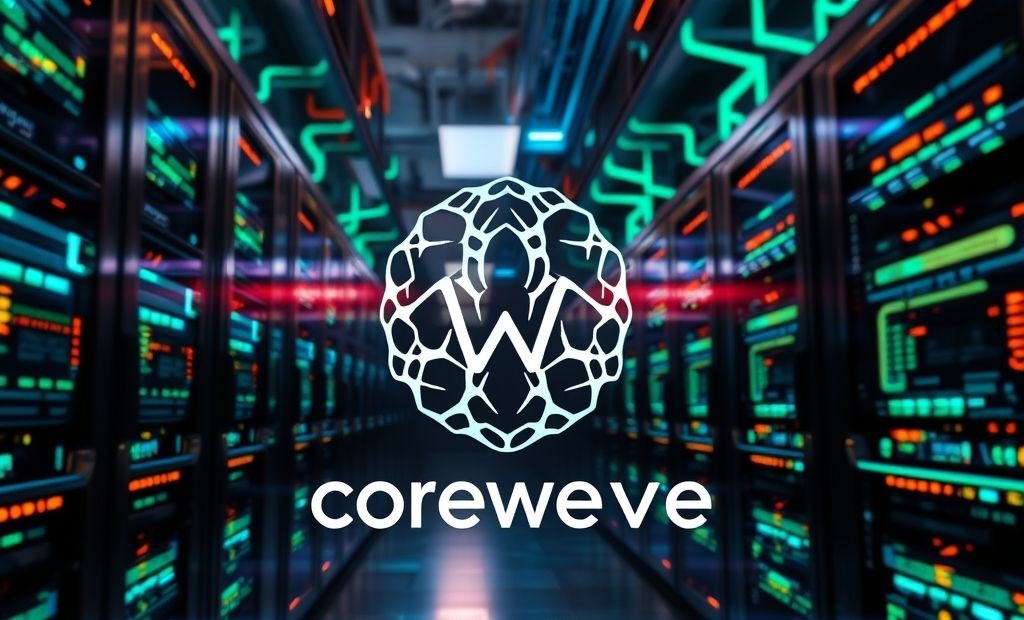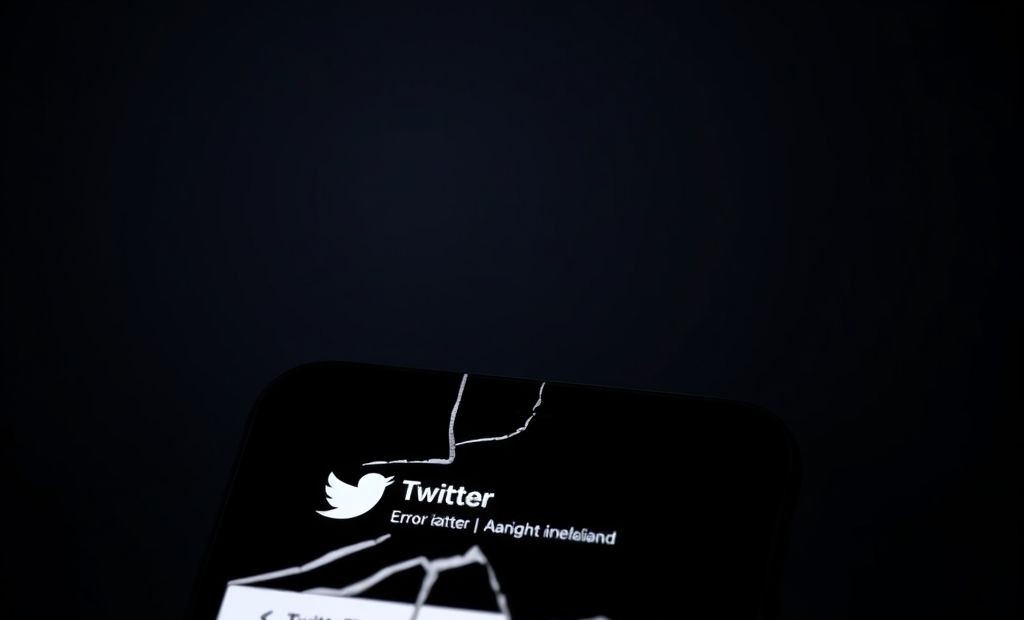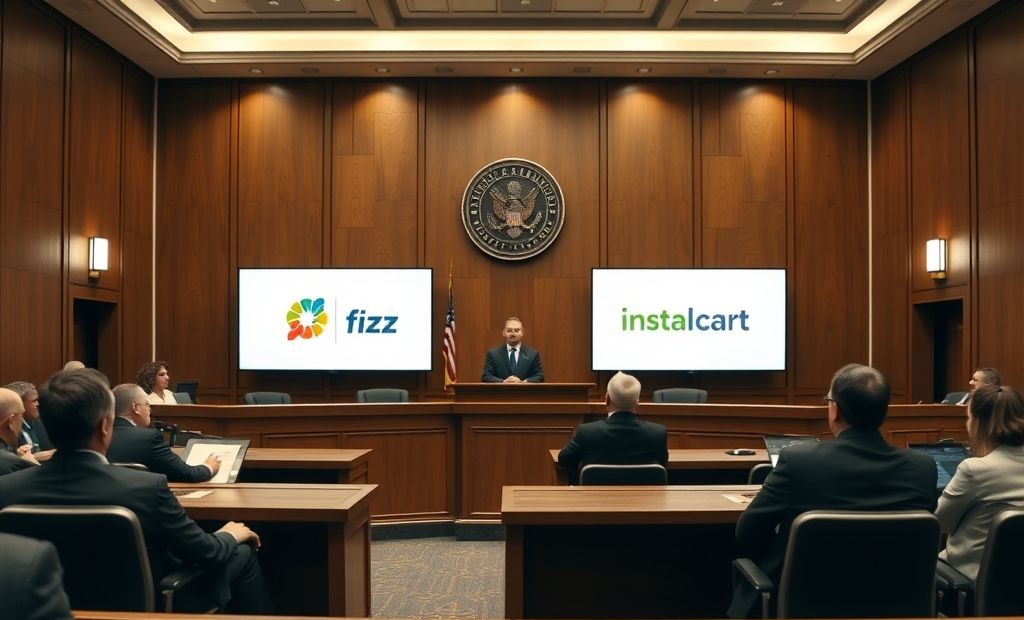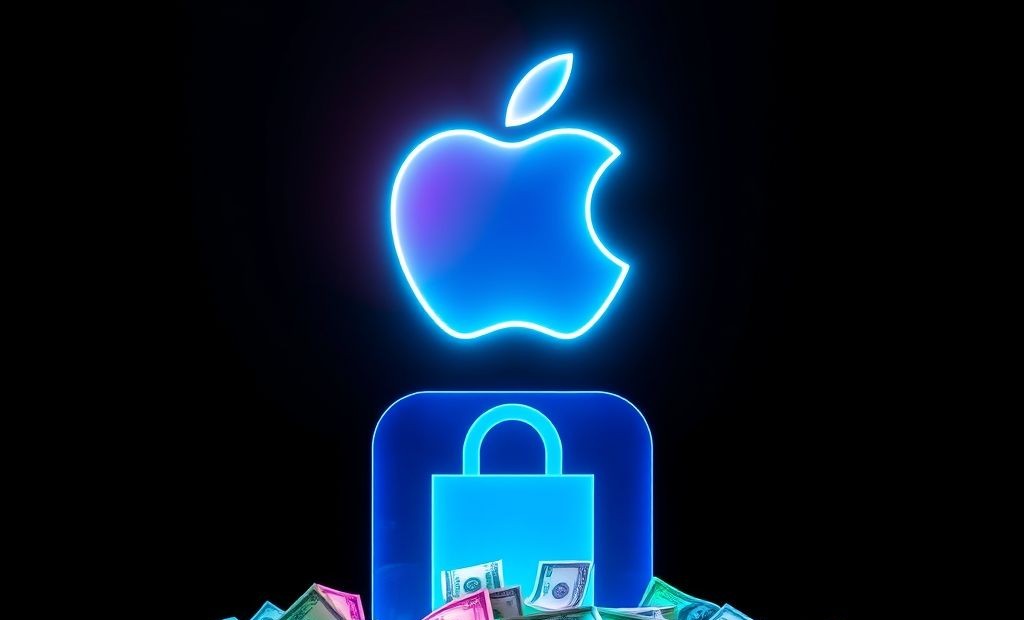CoreWeave Seeks $1.5 Billion in Debt Financing
CoreWeave, a specialized cloud provider focusing on intensive computing tasks like AI and machine learning, is reportedly exploring raising $1.5 billion through a debt offering. This move comes amid speculation and apparent disappointment surrounding the company’s potential initial public offering (IPO).
Strategic Shift: Debt Over Equity?
Sources familiar with the matter indicate CoreWeave’s decision to pursue debt financing could stem from various factors, including market volatility and a reassessment of its IPO timeline. Securing debt allows CoreWeave to access substantial capital without diluting existing equity or immediately facing the pressures of public market scrutiny.
Funding Use and Expansion
The company will likely use the raised funds to further expand its infrastructure, particularly its high-performance computing (HPC) resources tailored for AI workloads. This includes acquiring more GPUs and related hardware, enhancing data center capabilities, and growing its engineering and support teams. CoreWeave aims to solidify its position as a leading provider in the rapidly growing AI cloud services market. You can find more details on cloud services here.
CoreWeave’s Market Position
CoreWeave has quickly gained prominence by catering to the unique demands of AI and machine learning applications. The company’s infrastructure is optimized for computationally intensive tasks, offering specialized hardware and software stacks that differentiate it from general-purpose cloud providers. Learn more about AI applications on this page.
Implications for the AI Cloud Market
CoreWeave’s potential debt raise underscores the significant capital investments required to compete in the AI cloud market. As demand for AI computing resources continues to surge, cloud providers like CoreWeave are seeking innovative ways to fund their expansion and stay ahead of the curve. Check out recent news about AI cloud market here.










